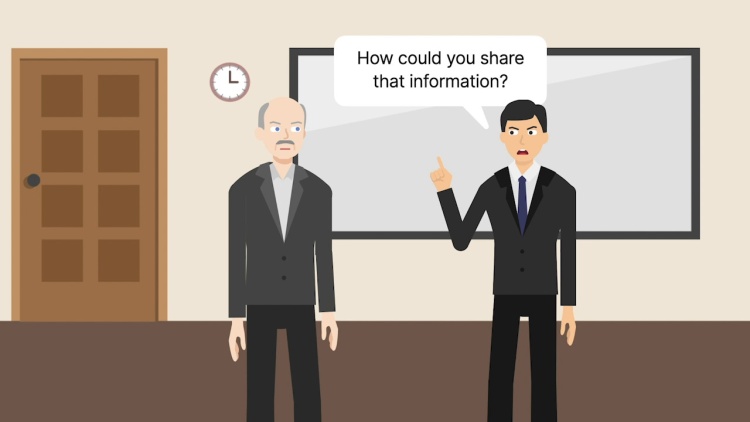Cohen v. Cowles Media Co.
Minnesota Supreme Court
479 N.W.2d 387 (1992)
- Written by Sarah Larkin, JD
Facts
In October 1982, two newspapers published stories that a nominee for lieutenant governor of Minnesota had been charged in 1969 with three counts of unlawful assembly and had been convicted of shoplifting in 1970. Both newspapers indicated that Dan Cohen (plaintiff) was the source of this information. Reporters from both newspapers had promised to keep Cohen's identity confidential in exchange for the information, but the newspapers' editors overruled those promises. Cohen was fired by his employer on the day the articles were published. Cohen brought an action against Cowles Media Company and Northwest Publications, Inc. (defendants), the entities that published the newspapers. At trial, the reporters testified that their confidentiality promises should have been honored, and the newspapers' editors testified that they had never broken a confidentiality promise in any other situation. Additionally, the evidence showed that Cohen worked in journalism and had relied on the tradition of keeping sources confidential when he asked for anonymity. A jury found in Cohen's favor on theories of breach of contract and fraudulent misrepresentation and awarded Cohen $200,000 in compensatory damages, plus $250,000 in punitive damages from each newspaper on the fraudulent-misrepresentation claim. The appellate court set aside the fraudulent-misrepresentation verdict but affirmed the jury's conclusion regarding breach of contract and the award of compensatory damages. The Minnesota Supreme Court affirmed the denial of the fraudulent-misrepresentation claim but further held that Cohen could not recover on a breach-of-contract theory. The court considered enforcing the confidentiality promise under a promissory-estoppel theory but concluded that application of that theory would impermissibly implicate the newspapers' First Amendment rights. The United States Supreme Court reversed, finding that promissory estoppel does not implicate the First Amendment. The U.S. Supreme Court remanded the matter to the Minnesota Supreme Court for further consideration.
Rule of Law
Issue
Holding and Reasoning (Simonett, J.)
What to do next…
Here's why 910,000 law students have relied on our case briefs:
- Written by law professors and practitioners, not other law students. 47,100 briefs, keyed to 997 casebooks. Top-notch customer support.
- The right amount of information, includes the facts, issues, rule of law, holding and reasoning, and any concurrences and dissents.
- Access in your classes, works on your mobile and tablet. Massive library of related video lessons and high quality multiple-choice questions.
- Easy to use, uniform format for every case brief. Written in plain English, not in legalese. Our briefs summarize and simplify; they don’t just repeat the court’s language.





